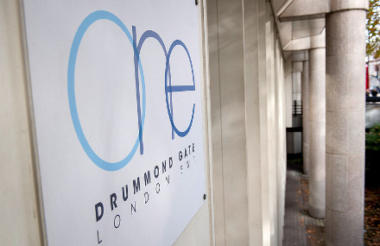Trustees of the Politics and Economics Research Trust have asked for the return of charitable grants which were spent on producing reports in favour of leaving the EU, after the Charity Commission raised concerns.
The regulator has published a case report into PERT, a public policy think tank, which has found that there was a lack of formal process and oversight at the charity, as “trustees could not be certain that its funding was being used solely to further its objects”.
Concerns were first raised with the Charity Commission over charity’s funding of the campaigning organisations Business for Britain and Taxpayers’ Alliance. Those raising concerns queried whether it was “appropriate for a charity to support non-charitable organisations with political aims. In particular concerns were raised about the charity’s funding of Business for Britain given its views on the UK and its relationship with the EU.”
The Commission has said that they discovered that “the charity did not have formal grant agreements in place, and did not have processes to monitor research projects the charity had funded”.
This came about over the funding of a research report titled Change, or go - How Britain would gain influence and prosper outside an unreformed EU, which was produced by Business for Britain –which formed the basis for Vote Leave - and funded by the charity. The Commission said that the report did not conform to what was agreed during the grant application stage.
The case report states that it was only following the Commission’s request to review the research reports funded by the charity that the trustees reviewed this report and asked for the funding to be returned to the charity. The money was later returned to the charity.
According to PERT’s most recent annual accounts, for the year ending in October 2016, £50,000 was repaid to the charity by Business for Britain in 2016. A further £100,000 was paid to the campaign group.
The case report said that the lack of formal process and oversight was a regulatory concern, as the trustees could not be certain that its funding was being used solely to further its objects.
Following the regulator’s involvement, trustees agreed an amended grant application form, which requires more detail about how the research being commissioned will further the charity’s objects. It also agreed a grant agreement template, and an operational policy document, which sets out the charity’s grant making policy and the procedures they will follow including how they will monitor the use of their funds.
The charity has since appointed an administrator, and its website has been updated to better publicise the research reports funded by the charity.
PERT has been contacted for comment on the case report.









